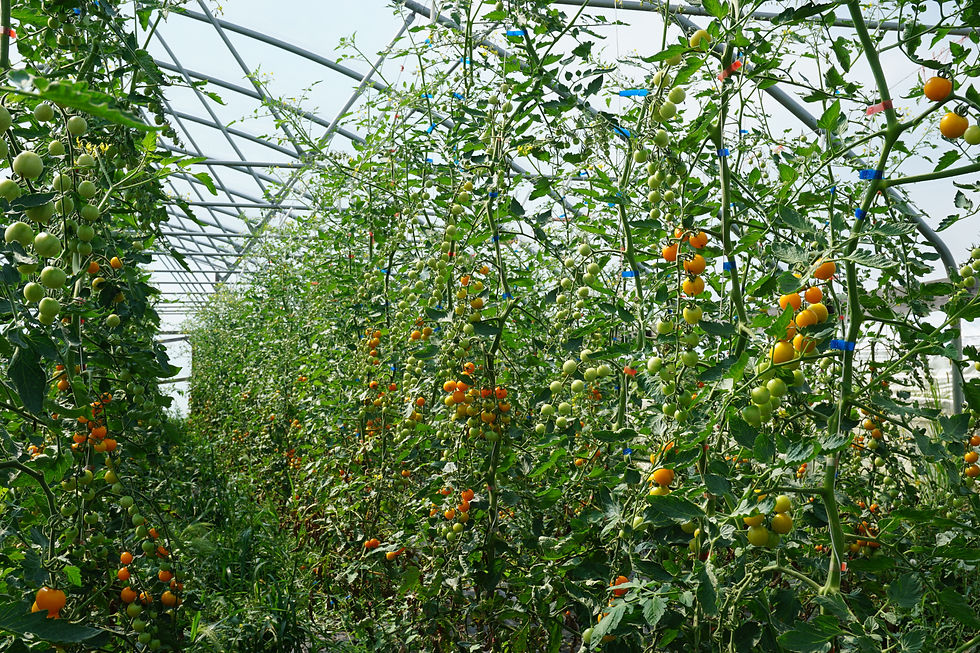WFU Opposes Bill Seeking to Change WI Hemp Definition
- WFU Blog

- Nov 10, 2025
- 2 min read

On November 4, 2025, Wisconsin Farmers Union (WFU) submitted testimony to the Assembly Committee on State Affairs regarding AB 503 which seeks to define hemp in Wisconsin. If passed the bill would decrease the percentage of allowable THC content in hemp from 0.3% to 0%, placing burdensome restrictions on Wisconsin hemp farmers.
See WFU’s full testimony below:
Chair Swearingen and members of the committee, thank you for the opportunity to comment on behalf of the Wisconsin Farmers Union (WFU) on Assembly Bill 503, relating to changing Wisconsin’s legal definition of hemp.
Wisconsin Farmers Union, founded in 1930 in Elk Mound WI, is the second largest general agricultural organization in the state. WFU supports small and medium size family farmers and rural communities. The membership represents a wide array of farm types: conventional, organic, dairy, grain, livestock, and specialty crop producers.
WFU opposes AB 503, as currently drafted. Until 2016, hemp had not been legally grown in Wisconsin since 1957, causing a lapse in experience and education in hemp production and processing. This has created a significant lack of infrastructure and equipment for harvesting and processing hemp in Wisconsin that severely restricts potential growth for farmers and the overall hemp industry. Hemp fiber has utility in a wide variety of applications, such as textiles, paper, construction materials, and biofuels, and is considered as an emerging crop under the UW-Extension division of Crops and Soils (1).
Wisconsin Farmers Union calls upon the state to increase the allowable THC content of hemp, as tested in the farmer’s field, from 0.3% to 1.0%, except for hemp destined for raw flower sales direct to the consumer. For hemp with 0.3%-1.0% THC content to comply with the current USDA standards, THC can be removed or diluted to the USDA current compliance levels through state certified extraction processes.
Under current regulations, a farmer must destroy an entire hemp crop at the time of harvest if it tests nominally higher at the time of compliance testing than the current THC limit of 0.3%. A failed THC compliance test results in farmers being forced to destroy their own crop at harvest time. THC testing sampling time is crucial to the results of the hemp farmers’ crop success, creating a situation where late sampling causes crop destruction (2).
To address the problems that the bill authors are concerned with, WFU would argue the most effective course of action is not to redefine hemp and lower the allowable THC level under that definition, but instead seek to regulate THC levels at the consumer product level. Redefining hemp is burdensome to farmers, while regulating THC levels in finished products would directly address and ensure the safe consumption of consumer products and without harming WI hemp farmers in the process.
Find more details on WFU’s hemp policy on pages 22-24 in the policy book.
(2) Wisconsin Farmers Union, 2025 Policy; THC Compliance Testing, page 23.



Comments